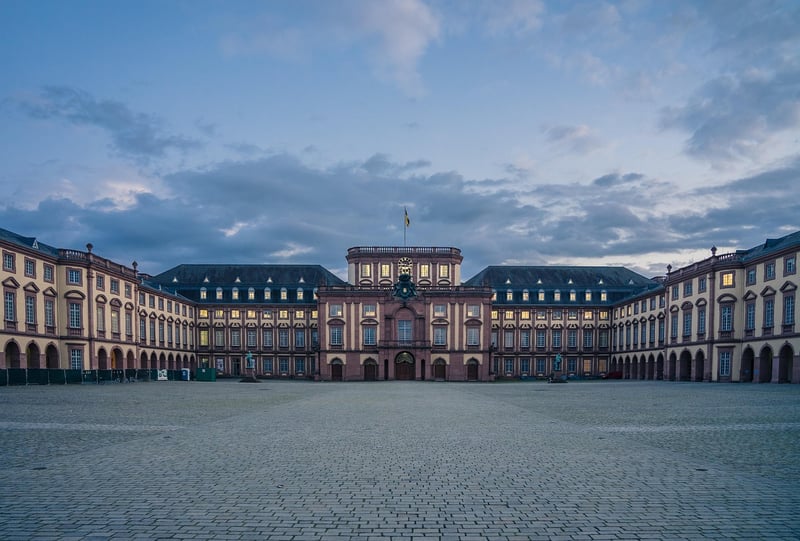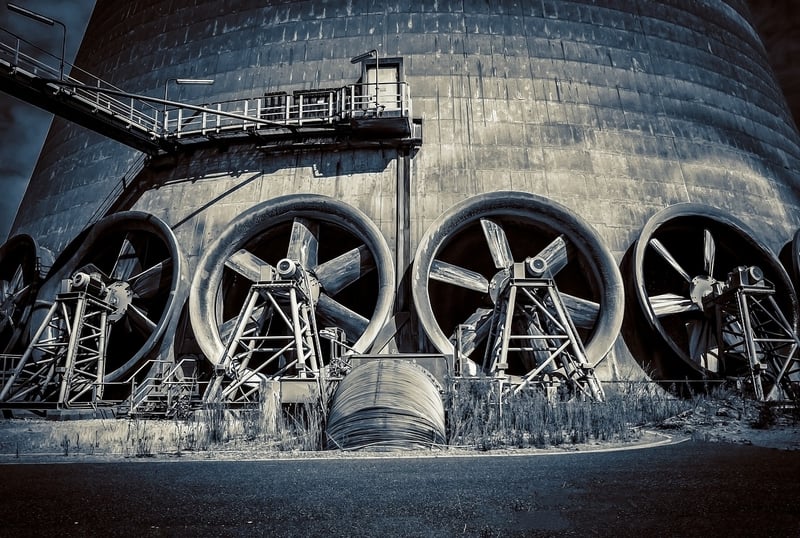Future Exploration
Exploring Different Eras and Future Exploration
Introduction
Exploring different eras allows us to delve into the past and understand how civilizations, cultures, and technologies have evolved over time. Additionally, looking towards future exploration gives us a glimpse of what lies ahead and the possibilities that await us.
Ancient Era
The ancient era, spanning from the emergence of early civilizations to the fall of the Roman Empire, offers insights into the foundations of societies. From the pyramids of Egypt to the great civilizations of Mesopotamia, this era laid the groundwork for future developments in art, architecture, and governance.

Medieval Era
The medieval era, characterized by knights, castles, and feudalism, showcases a time of chivalry and honor. This period saw the rise of great empires like the Byzantine Empire and the Islamic Caliphates, contributing to advancements in science, mathematics, and philosophy.

Industrial Era
The industrial era marked a significant shift with the advent of machinery, factories, and urbanization. This period revolutionized production processes, transportation, and communication, leading to the modernization of societies worldwide. The steam engine and the assembly line are iconic inventions of this era.

Future Exploration
Looking ahead, future exploration holds promise for scientific discoveries, technological innovations, and space exploration. From colonizing Mars to harnessing renewable energy sources, the future presents endless opportunities for humanity to progress and thrive.
Space Exploration
Space exploration remains one of the most exciting frontiers for future exploration. Advancements in rocket technology, robotics, and artificial intelligence are propelling us towards missions to Mars, the Moon, and beyond. Who knows what mysteries of the universe we will uncover in the coming years!

Technological Innovations
The rapid pace of technological innovation shows no signs of slowing down. Artificial intelligence, virtual reality, quantum computing, and biotechnology are reshaping industries and revolutionizing how we live, work, and interact. The future holds immense potential for creating a more connected and sustainable world.

Conclusion
Exploring different eras provides us with a rich tapestry of human history, while future exploration ignites our imagination and inspires us to reach new heights. By learning from the past and embracing the future, we can embark on a journey of discovery and innovation that shapes the world for generations to come.
